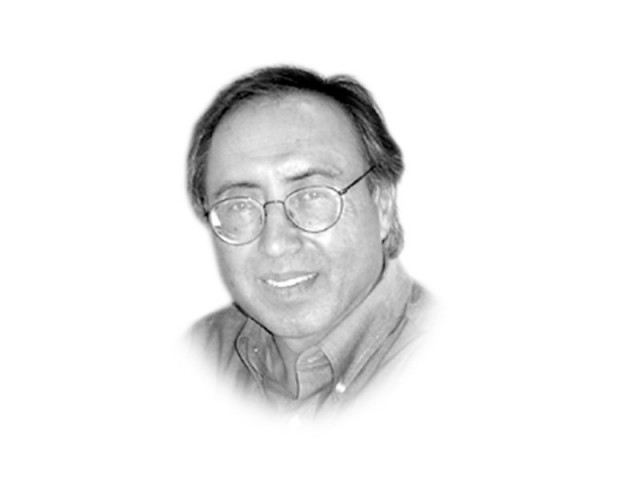A looming threat of isolation
Pursuit of national interests in a globalised world requires pragmatism, domestically as well as internationally

The writer is a professor of political science at LUMS, Lahore. His recent book is Imagining Pakistan: Modernism, State and the Politics of Islamic Revival (Lexington Books, 2017)
No country in the world, even China under charismatic, revolutionary leader Mao Zedong can move forward from a position of isolation. The post- Mao Chinese leaders learnt the value of pragmatism, reform beyond ideological rhetoric, and more importantly the importance of opening themselves for business and investment. For this to happen, they had to give up the old ideological obsessions and had to look at the world with new lenses. Can Pakistan revisit some of its conventional policies?
Pakistan’s problems are not unsolvable; they just require four things — political will, consensus, honest leadership and political learning. While the Communist powers learnt their lessons and have changed in many important respects, transforming their societies, Pakistan has yet to rethink some of its security commitments, alliances, foreign policy choices and regional relationships. It is not for the first time that we have seen our country rebuked internationally, recently at the 37-nation Financial Action Task Force (FATF) meeting in Paris — with only one vote of Turkey objecting to placing Pakistan in the grey list of terror financing countries. This is a foreign policy disaster, and the sooner we realise its implications the better.
With unending domestic political and civil squabbles, it seems our policymakers have lost focus. They are giving more attention to their respective spheres of personal and institutional interests and power than to either structural reforms or international standing and image. One thing we need to refocus on is forging national consensus on key security and policy issues more than fighting over the turf battles. It is doable, has been done in the past, and it can be done even now.
As a first step, a candid foreign policy review is in order. The Foreign Office, the security establishment of Pakistan and the prime minister office must huddle at the earliest and ask themselves some hard questions. How did we get here? How can we get out of this situation? What policy change pertaining to the groups that the world powers view as terrorists is necessary? It is quite obvious that whatever good work we have done fighting terrorist outfits from Swat to North Waziristan hasn’t earned us respect and recognition for the sacrifices both by the civilian populations and the security forces. Or maybe our articulation of our policy and the measures we have taken to counter the terrorist groups have not been good enough to make an impression globally.
Second, building consensus would require all stakeholders. Not just the executive and the security establishment but also parliament and the political parties represented there. Briefings by the security establishment, including the Chief of Army Staff, to parliamentary committees is a good beginning for achieving a national consensus on vital national security interests.
Finally, in a sea of troubles all around, we have achieved stability but it can be lost in political confrontations, or if the world powers continue to think of our policies as a threat to regional security and stability. Pursuit of national interests in a globalised world requires pragmatism, domestically as well as internationally. All other options would be self-defeating.
Published in The Express Tribune, February 28th, 2018.
Like Opinion & Editorial on Facebook, follow @ETOpEd on Twitter to receive all updates on all our daily pieces.















COMMENTS
Comments are moderated and generally will be posted if they are on-topic and not abusive.
For more information, please see our Comments FAQ